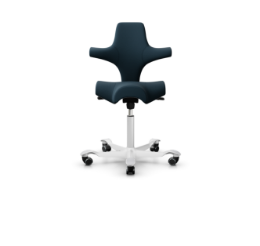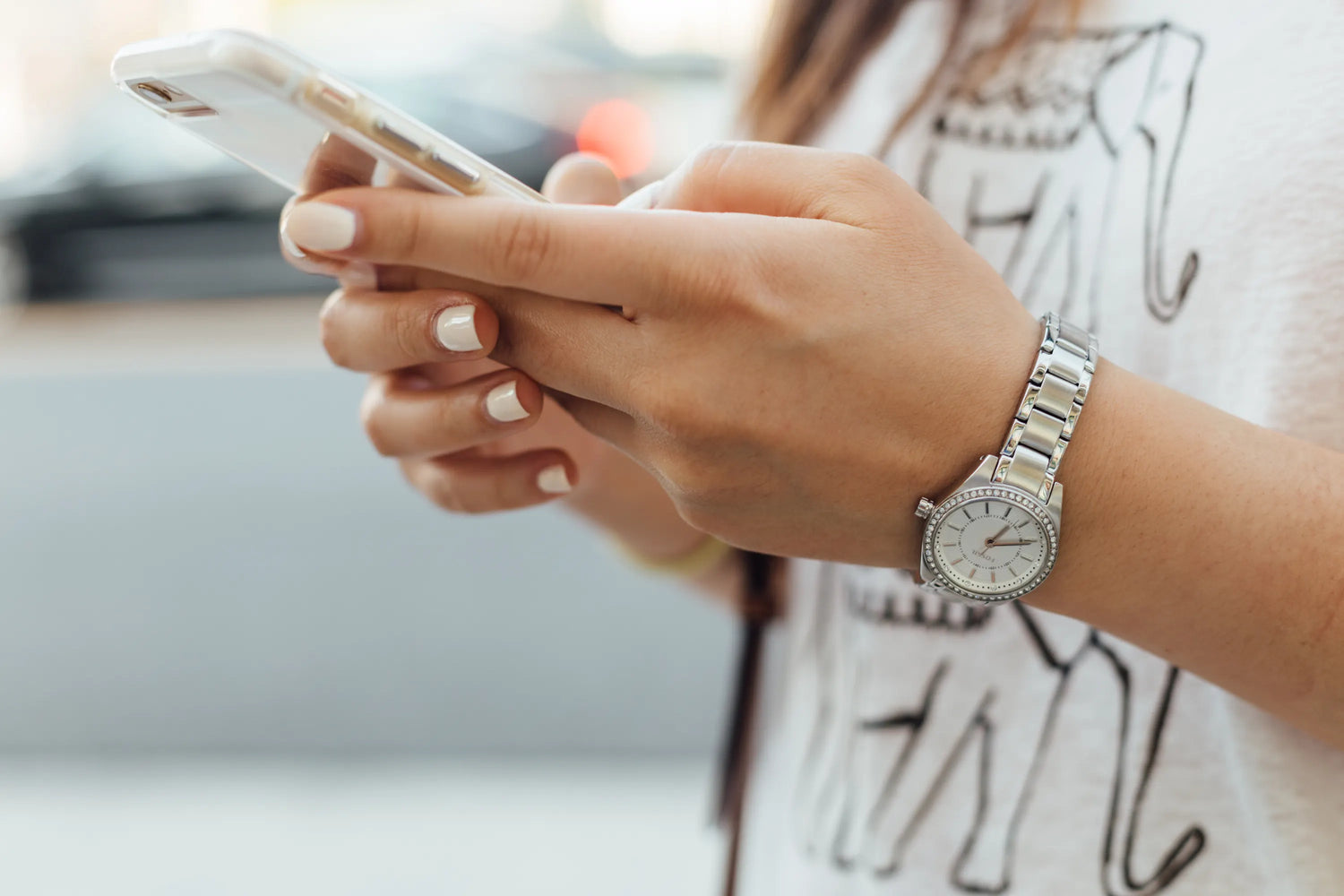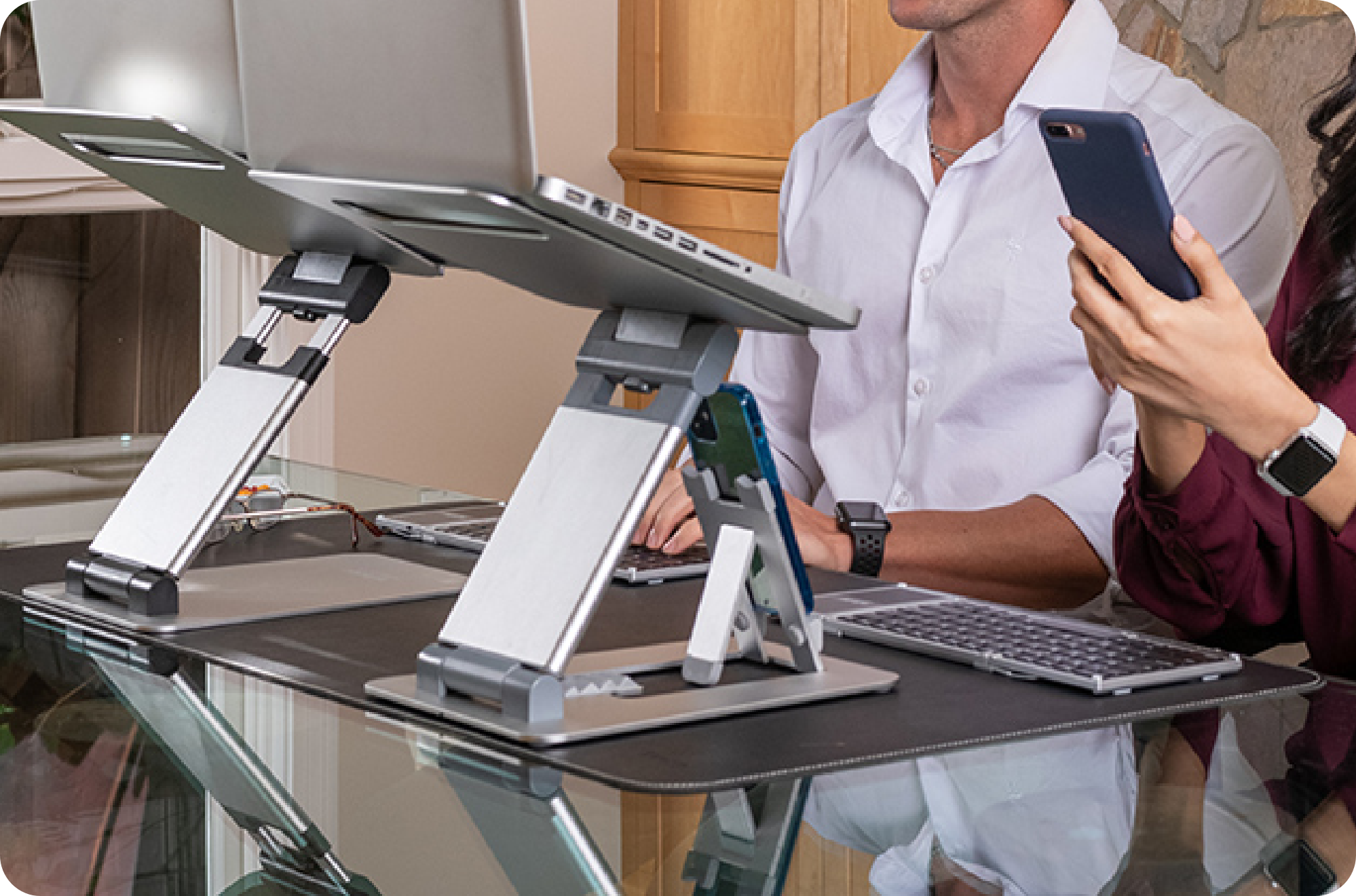Buzz buzz. Another text message notification. Ping! You’ve received an email. Over the last several years, constant connection through our mobile phones has become the norm. Research shows that 97 percent of Americans own a cell phone and 85 percent own a smartphone.
While mobile phones have made it easier to connect with others, along with the features they provide, that doesn’t mean they don’t come without any downsides. The average American spends between 2 to 4 hours a day on their phone. Although mobile phone addiction is not recognized in the DSM-5 (Diagnostic and Statistical Manual of Mental Disorders, Fifth Edition) as an addiction, being too connected and dependent on your phone can result in becoming “mobile addictive”.
When you get a notification or have a positive social connection on your phone, like receiving several ‘likes’ on a photo, dopamine, also known as the feel-good hormone, is released. As dopamine is released, it acts as a reward to the action you are doing, in this case, mobile phone usage, giving you motivation to continue doing the thing that is making you happier, i.e. checking your phone. This results in the more habitual mobile phone checking, making the cycle hard to break.
Is playing on your phone a hobby or a habit?
If you are wondering how to assess whether you are developing or already have extreme dependence on your mobile phone, there are several symptoms that can be a red flag:
- Preoccupation with cell phone use
- Checking your phone when it isn't ringing
- Waking up at night to check your phone
- Feeling anxious, upset, or short tempered when you can't get to your phone
- Phone use has caused an accident or injury
- Spending more and more time on your phone
- Phone use is interfering with job performance, schoolwork, or relationships
- People are concerned about your mobile phone use
- You've tried to limit usage but have been unsucessful
Watch for the warning signs
While you might not notice all of these symptoms, even noticing a few of them should be a cause for concern. Over time, mobile phone addiction can start to negatively impact your overall health and well-being, including physical and mental health issues as well as the safety of those around you.
Digital eye strain
If you are spending extended periods of time viewing a phone screen, your eyes might start to itch, burn or feel tired. Overuse can also lead to vision problems and headaches.
Neck problems
Looking down at your phone for extended periods of time can cause discomfort in your neck. In recent years, many people have started experiencing something called “text neck”, which is described as neck pain resulting from having your head positioned forward, shoulders rounded and back slumped.
Car accidents
People feel the need to multitask in order to be more efficient these days, which can include using a mobile phone while driving. Research shows that texting and driving can be almost as dangerous as drinking and driving.
Decreased sleep quality
Studies have shown that using your mobile phone for at least 30 minutes while in bed, as well as keeping your mobile phone near your pillow, can negatively impact sleep quality.
Depression and anxiousness
Too much mobile phone use can increase your risk of developing depression, loneliness and anxiety. There are several reasons why this may be the case. One reason is the instinct to compare ourselves and our accomplishments to those we see on social media, resulting in feelings of guilt, inadequacy or decreased self-confidence.
How to decrease digital dependency
The good news is, there are things that can be done to break mobile phone dependency. Studies have shown that even reducing your mobile phone usage by one hour a day can improve your mental health and well-being.
Turn off notifications.
We are constantly getting alerts on our cell phones. Email notifications. Text message notifications. Phone calls. Social media notifications. Weather alerts. News alerts. All of these notifications add up, causing significant distraction along with fear that you might be missing something if you don’t have notifications turned on or you don’t check the notification right away. Turning off notifications will help decrease dependency and increase focus on whatever it is you are doing away from your phone.
Get an alarm clock.
Using your mobile phone as an alarm clock makes it more tempting to want to use your phone while in bed, increasing the likelihood of sleep disturbances throughout the night. Using an alarm clock that isn’t your phone will make it less likely that you will use your phone late into the night or have your sleep interrupted by a phone call or text message.
Incorporate tech-free time into your day
If you notice you are becoming too dependent on your phone, find time throughout the day that you can use as “tech-free” time. Maybe it’s leaving your phone at home when you take your dog for a walk or making a commitment to not using your phone during meal time. Having blocks of time throughout the day that are designated as tech-free can create a healthier relationship with mobile phone usage.
Get rid of apps.
Consider removing unnecessary apps you notice are taking up a majority of your time or are impacting your well-being. Removing them from your mobile phone may result in a decrease in phone usage.
Manage expectations from others.
Part of our dependence on mobile phones comes from wanting to be connected with others and not miss out on events or important details. When you are working on cutting back on mobile phone use, letting those around you know can help increase the likelihood that you will successfully break your dependency. Letting people know times you are available via phone can help support you in making this change.
Phone addictive behavior has become more common over the last several years. More research is being published showing the negative effects of mobile phone dependency and addiction as well as suggestions on ways to overcome those behaviors. If you are experiencing some of the symptoms described above, and have tried to cut back on mobile phone usage without much success, consider reaching out to a licensed professional who can help you work through and implement strategies to limit phone use and dependency.
Sources:
1.https://www.ncbi.nlm.nih.gov/pmc/articles/PMC7320888/
2.https://www.healthline.com/health/fitness-exercise/text-neck-treatment#TOC_TITLE_HDR_1
3.https://www.pewresearch.org/internet/fact-sheet/mobile/
4.https://www.ncbi.nlm.nih.gov/pmc/articles/PMC6449671/
5.https://sitn.hms.harvard.edu/flash/2018/dopamine-smartphones-battle-time/















Leave a comment
All comments are moderated before being published.
This site is protected by hCaptcha and the hCaptcha Privacy Policy and Terms of Service apply.